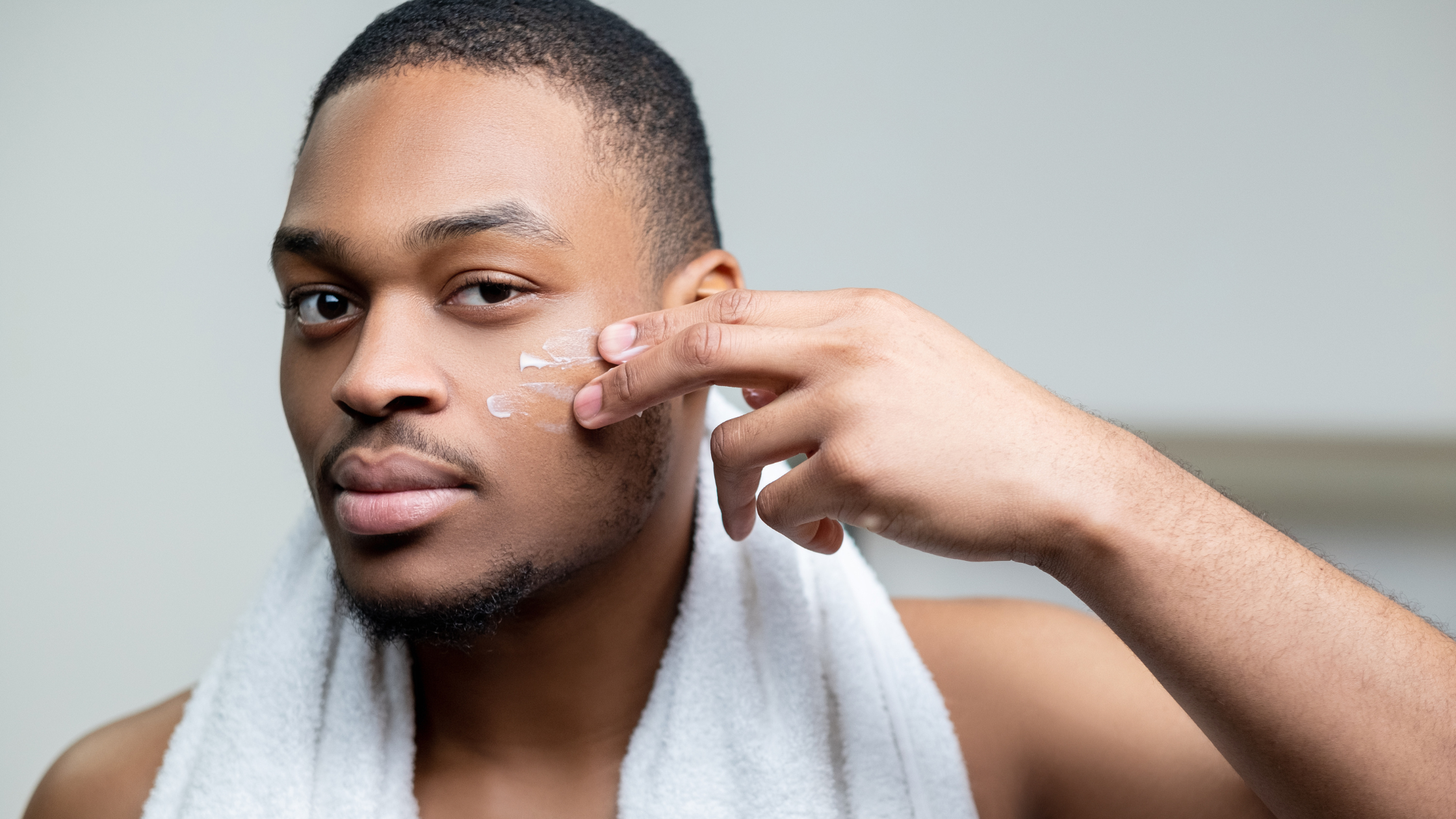Winter Survival Guide: Essential Skincare Tips

As the winter season rolls in, bringing frosty temperatures and cozy evenings by the fire, our skin may need extra attention. The shift in weather can be harsh on our skin, often leading to dryness, irritation, and discomfort. But fear not! This blog post is designed to help you navigate the challenges of winter skincare. From understanding the key factors that contribute to skin dryness to exploring effective strategies for skin protection and care, we'll provide you with valuable insights to keep your skin healthy and radiant all season long.
Understanding Winter's Impact on Skin
Winter poses unique challenges for maintaining healthy skin. This season is characterized by a combination of factors that can severely deplete your skin's natural moisture, including:
-
Dry Air Indoors and Outdoors: The combination of cold, dry outdoor air and the use of indoor heating systems significantly reduces humidity levels. This creates an environment where the skin is prone to losing essential moisture.
-
Hot Water Showers: While hot showers are tempting in cold weather, they can inadvertently cause dry skin. Hot water can weaken the skin barrier, leading to significant moisture loss.
-
Sun Exposure: Despite the chill, the sun's rays, particularly when reflected off snow, continue to impact the skin, increasing the risk of UV damage.
-
Layered Clothing: Wearing heavy and multiple layers of clothing in winter can not only irritate the skin but also prevent moisture in the air from reaching your skin effectively. Materials like wool can cause friction, exacerbating skin dryness and irritation.
-
Dehydration: Winter weather often leads to decreased water intake, which can result in overall body dehydration. Dehydrated skin loses its plumpness and elasticity, making it more prone to dryness, fine lines, and dullness.
Winter Skincare Tips
Now that we've uncovered the culprits behind dry skin in the winter, let's take a look at how you can care for your skin during these colder months. By implementing these tips, you can protect your skin from the cold and possibly even improve its condition from the start of the season.
Moisture Retention Techniques
-
Humidify Your Surroundings: Invest in a humidifier to counteract dry indoor air. Maintaining a humidity level of about 60% helps reintroduce moisture into the air, aiding your skin in retaining its hydration.
-
Limit Hot Water Exposure: Choose lukewarm showers or baths over hot ones, as hot water can strip away natural oils from your skin.
-
Moisturize Immediately: After showering or washing your face, promptly apply a rich, oil-based moisturizer. This helps seal in moisture and prevents water loss from the skin's surface, keeping it hydrated.
-
Stay Hydrated: Drinking plenty of water is essential for maintaining skin hydration from the inside out. Aim for at least eight glasses of water a day to keep your skin and body well-hydrated.
Protective Skincare Measures
-
Use Sunscreen: Shield your skin from harmful UV rays with a high UVA and UVB sunscreen, even on overcast or snowy days. Don’t forget to cover exposed areas like your face, hands, and neck!
-
Switch to Oil-Based Moisturizers: Use oil-based moisturizers during winter. Consider products with shea butter, almond oil, or hyaluronic acid for added hydration and a protective barrier.
-
Protect Sensitive Skin: Avoid known irritants and allergens if you have sensitive skin or conditions like eczema. The colder winter months can put you at a greater risk for flare-ups, so aim to use fragrance-free and hypoallergenic products.
Gentle Cleansing and Care
-
Choose Hydrating Cleansers: Use hydrating cleansers without harsh ingredients like glycolic or salicylic acid. Look for cleansers with ceramides or hyaluronic acid to maintain moisture.
-
Hydrate Immediately Post-Cleansing: Pat your skin dry gently after cleansing and apply a moisturizing toner or serum within 30 seconds to ensure your skin retains its moisture levels.
-
Try Nighttime Treatments: Consider products containing shea butter or petroleum jelly to support your skin's repair and hydration, as cold air can contribute to dry or cracking skin. Slugging might be a good option to try!
Final Thoughts
Gaining an understanding of what causes skin dryness in winter allows you to take proactive steps in protecting your skin. By implementing these strategies — focusing on moisture retention, protective measures, and gentle care — you can ensure that your skin remains healthy, hydrated, and comfortable throughout the colder months.
The challenges of winter weather can make finding the right skincare products overwhelming. At Qyral, we understand this challenge and are here to help. We connect you with experienced doctors in the Qyral network who can prescribe personalized skincare treatments tailored to your individual needs.Navigating skincare during the colder months might be complex, but with expert guidance and consistent application of recommended practices, you can maintain healthy, vibrant skin.
The information in this blog post is intended for educational purposes only and is meant to offer general guidance and information. It does NOT offer medical advice or medical treatment, does NOT constitute the practice of medicine, and should NOT be used as a replacement for licensed medical instruction.